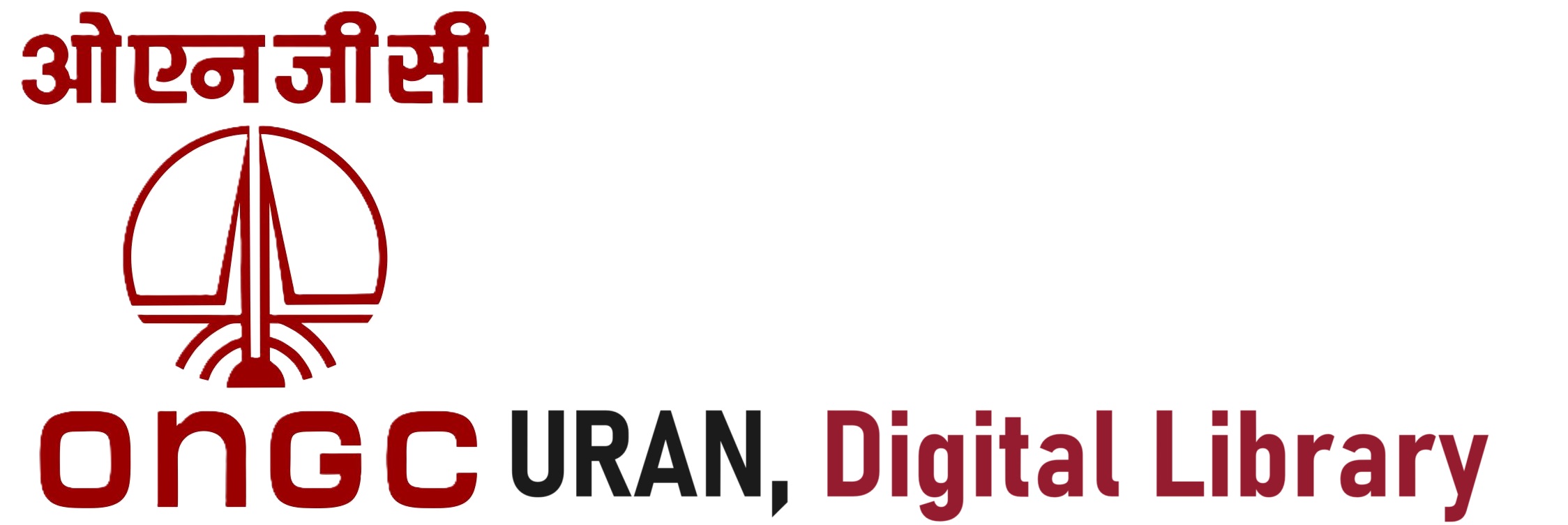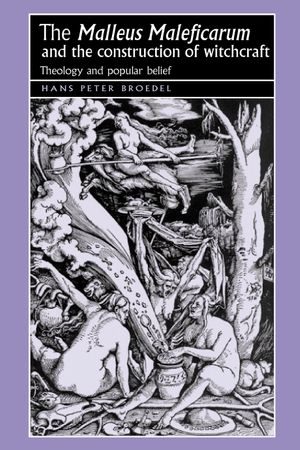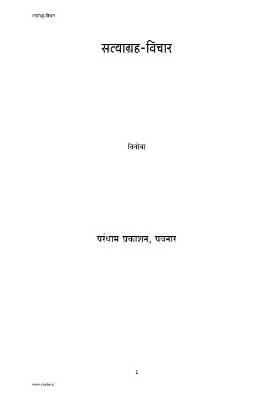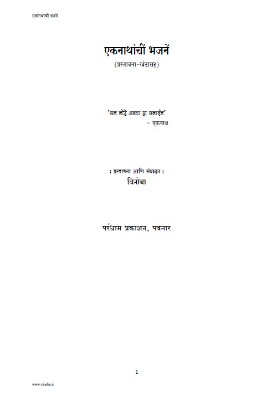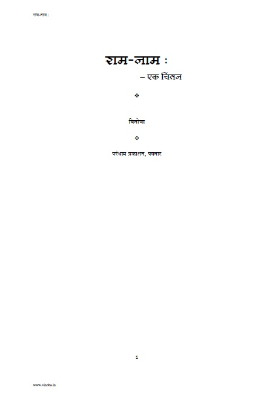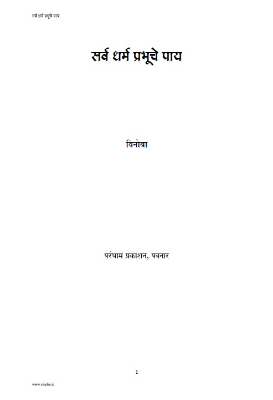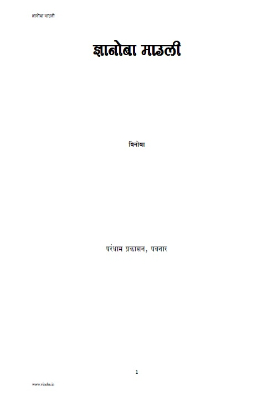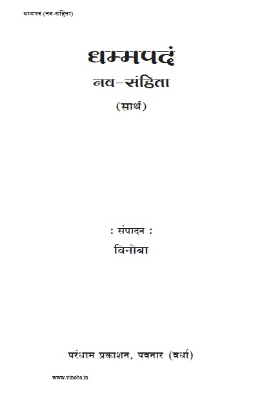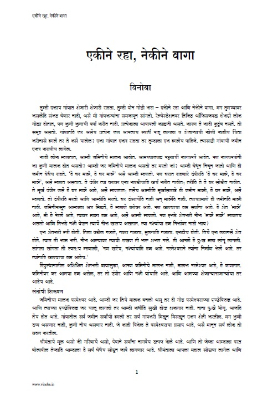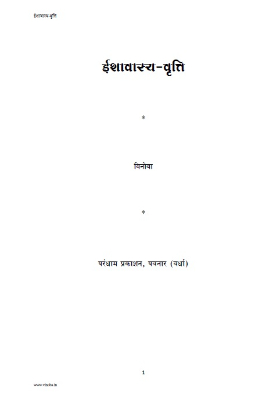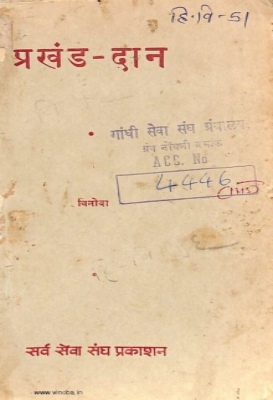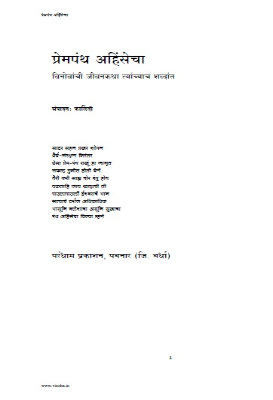The Malleus Maleficarum and the construction of witchcraft: Theology and popular belief
What was witchcraft? Were witches real? How should witches be identified? How should they be judged? Towards the end of the middle ages these were serious and important questions – and completely new. Between 1430 and 1500, a number of learned ‘witch-theorists’ attempted to provide the answers to such questions, and of these perhaps the most famous are the Dominican inquisitors Heinrich Institoris and Jacob Sprenger, the authors of the Malleus Maleficarum, or The Hammer of Witches. The Malleus is widely recognised as an important medieval text and is frequently quoted by authors across a wide range of scholarly disciplines. Yet as a source the Malleus presents serious difficulties: it is difficult to understand out of context, and cannot be said to be representative of late medieval learned thinking in general. This, the first book-length study of the original text in English, provides students and scholars with an introduction to this controversial work and to the conceptual world of its authors. Like all witch-theorists, Institoris and Sprenger constructed their witch out of a constellation of pre-existing popular beliefs and learned traditions. Therefore, to understand the Malleus, one must also understand the contemporary and subsequent debates over the reality and nature of witches. Ultimately, this book argues that although the Malleus was a highly idiosyncratic text, with a view of witches very different from that of competing authors, its arguments were powerfully compelling and therefore remained influential long after alternatives were forgotten. Consequently, although focused on a single text, this study has important implications for fifteenth-century witchcraft theory. This is a fascinating work on the Malleus and will be essential to students and academics of late medieval and early modern history, religion and witchcraft studies.
| Publication Language |
English |
|---|---|
| Publication Access Type |
Freemium |
| Publication Author |
Hans Peter Broedel |
| Publisher |
Manchester University Press |
| Publication Year |
2023 |
| Publication Type |
eBooks |
| ISBN/ISSN |
9781526137814 |
| Publication Category |
Technical Books |
Kindly Login to ONGC Uran, Digital Library.
